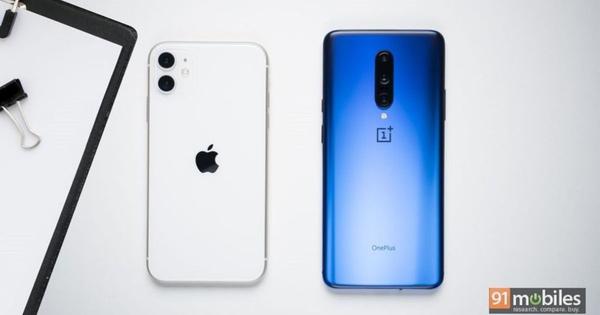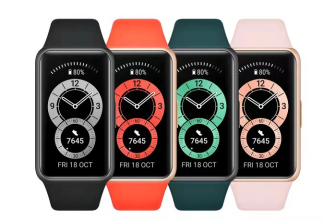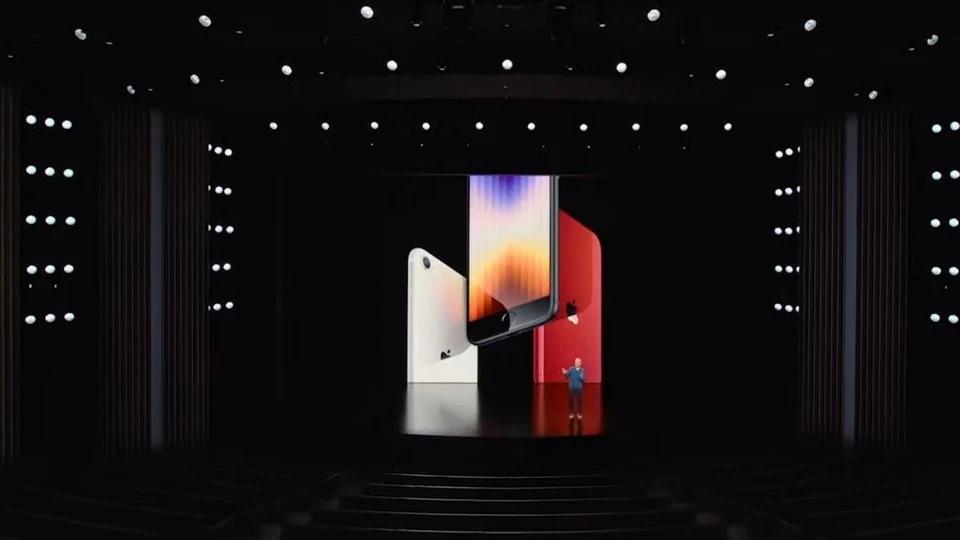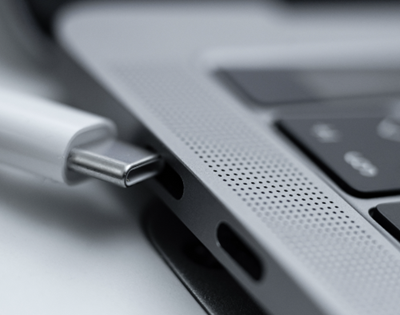Practical Advice for Charging Your Mobile Device
Without a doubt, you charge your smartphone every day. If you set your gadget correctly, the battery will last longer, and you'll see less wear and tear. Both covered here are why it's best to avoid charging your smartphone to its maximum capacity and how to use rapid charging efficiently. This way, you'll know how to assess every mobile device, whether a smartphone, tablet, or anything else.
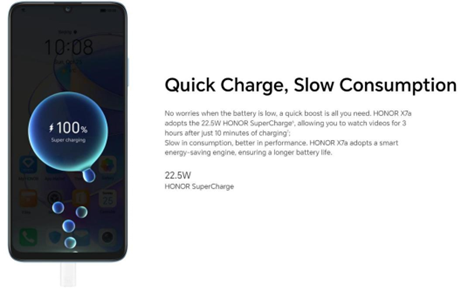
Mobile Phone Charging Tips
Charging Your Battery to its Maximum Capacity May be Harmful
The amount of wear caused by charging to 100% is far more significant than that caused by setting to 70% or 80%. Furthermore, after your battery has reached its total capacity, continuing to charge it could cause damage. There is currently an in-built safeguard that protects your smartphone from explosions. On the other hand, the charger will instantly replenish 1% of your battery if its level drops by 1%. Furthermore, the last 1% is the part that wears down the fastest. Another component that leads to wear is that your device will get hot. Please do not leave your phone plugged into its charger all night, even when it is ultimately charged, because this can cause the battery to die. When you first use a brand-new smartphone, there's no need to set it to the top. This was a must-have function for older batteries, but it's long since smartphones used that type of battery.
Extreme Heat or Cold Will Affect Your Battery’s Performance
Overheating will be highly harmful to your battery. The ideal temperature range is 20–30 degrees Celsius. But there's a lot of wear and tear caused by temperatures between 35 and 40 degrees Celsius. Never place your device under a pillow, in direct sunlight, or anywhere else that could get too hot. It would help if you were incredibly mindful of this while charging your smartphone, as it gets warmer throughout this process. You should also avoid putting your device in the freezer to cool down because doing so can damage the battery.
Fast Charging is Safe
When you charge your battery quickly, it will get slightly warmer than when you use regular charging. This downside is so little in comparison to the potential benefits of charging for a shorter duration and in a healthy way. If you wake up to a nearly dead battery on your gadget, a quick charge for thirty minutes will restore forty to sixty percent of its initial capacity. There is more than enough time for you to pursue this. Accumulating 30% capacity will take approximately thirty minutes without a rapid charger. This means you'll have to charge your phone overnight, which could be damaging since it puts more strain on your gadget. Now, when purchasing fast chargers, it is also important that your smartphone supports fast charging features. An ideal smartphone for fast charging would be the HONOR X7a.
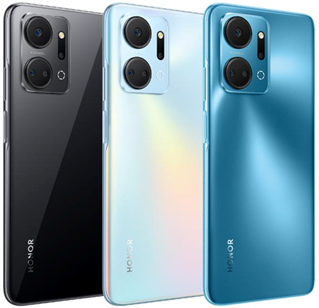
Avoid Using the Phone While Charging
While your phone is charging, try not to use it too much—how much you use it depends on what you do with it. Your smartphone will get hot when used vigorously. Your battery will degrade faster than usual due to the buildup of heat from charging and other processes. What about delegating your phone and listening to music as you cook? Certainly not an issue. Would you like to spend a lot of time playing games or other time-consuming activities? Just wait till your phone is ultimately charged. Pick a quick charger if you'd rather not wait around for a long time.
Conclusion
To maximize your smartphone battery’s potential, you must follow good charging habits. By following the tips that we have, from not charging the battery to 100, avoiding extreme temperatures, using fast chargers, and not using the phone while charging, your phone battery will surely last longer than you may anticipate.

